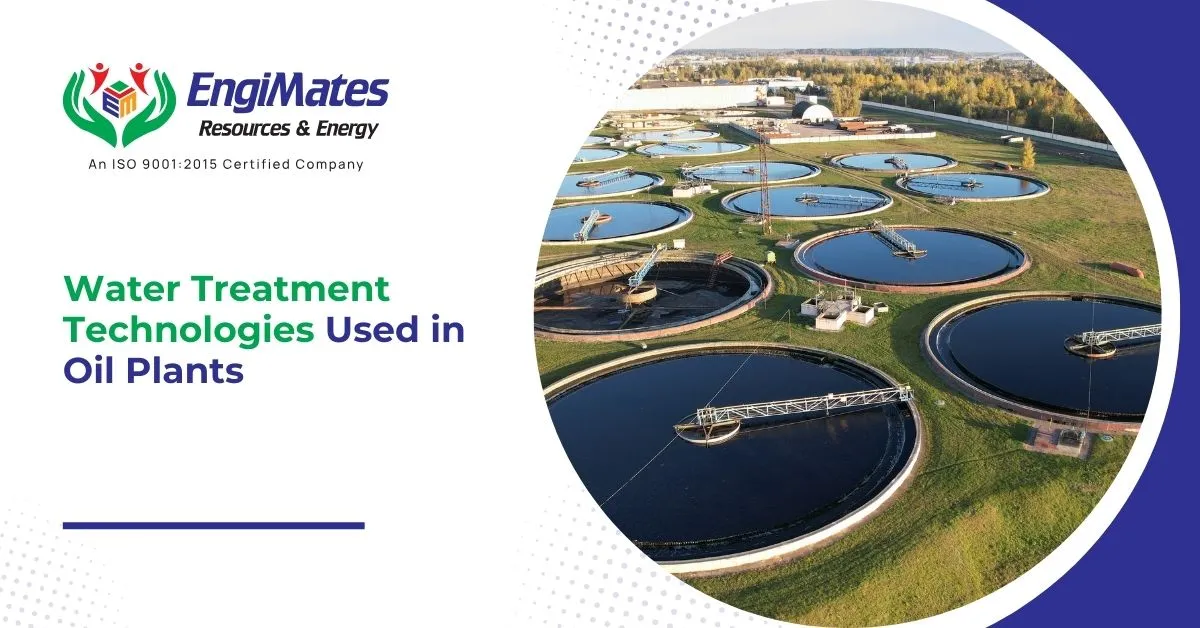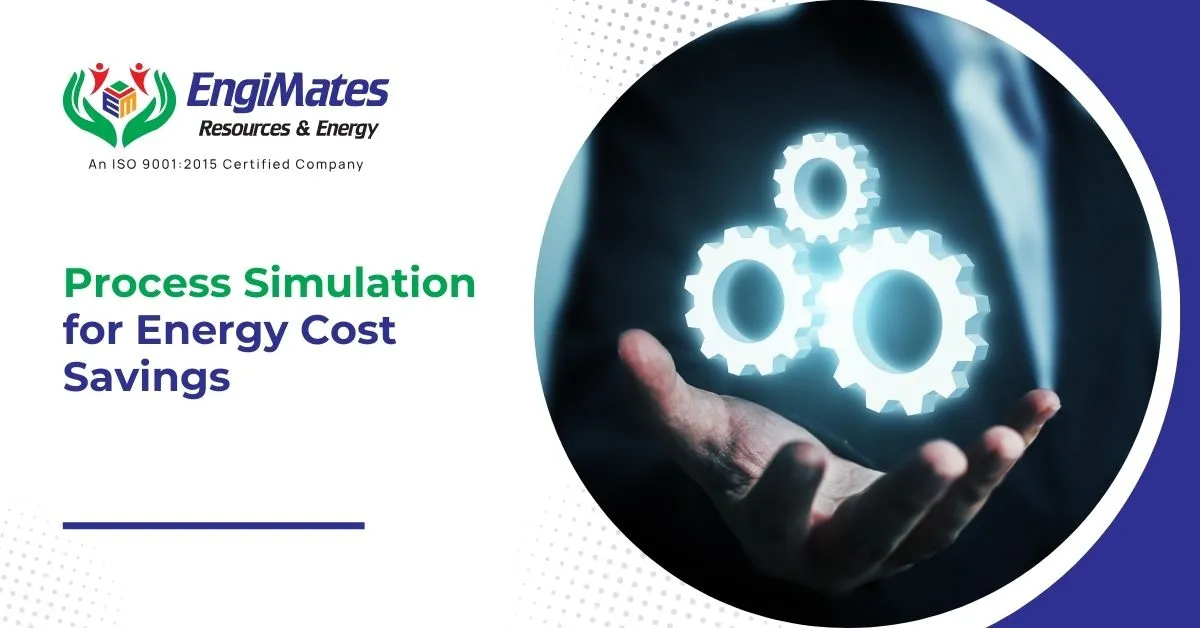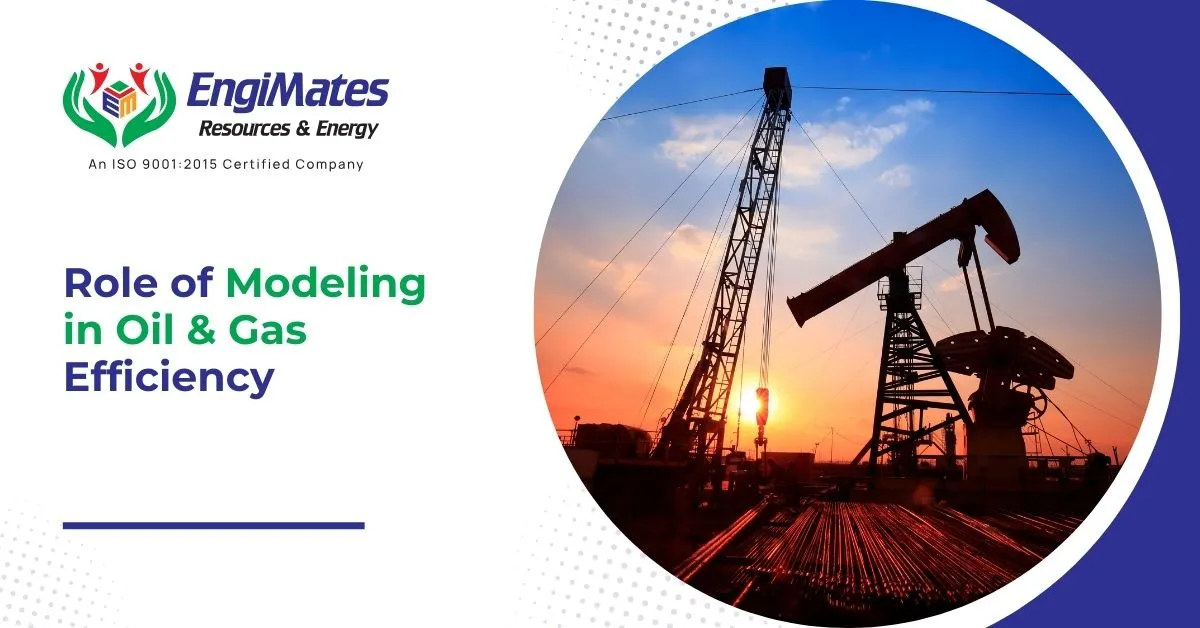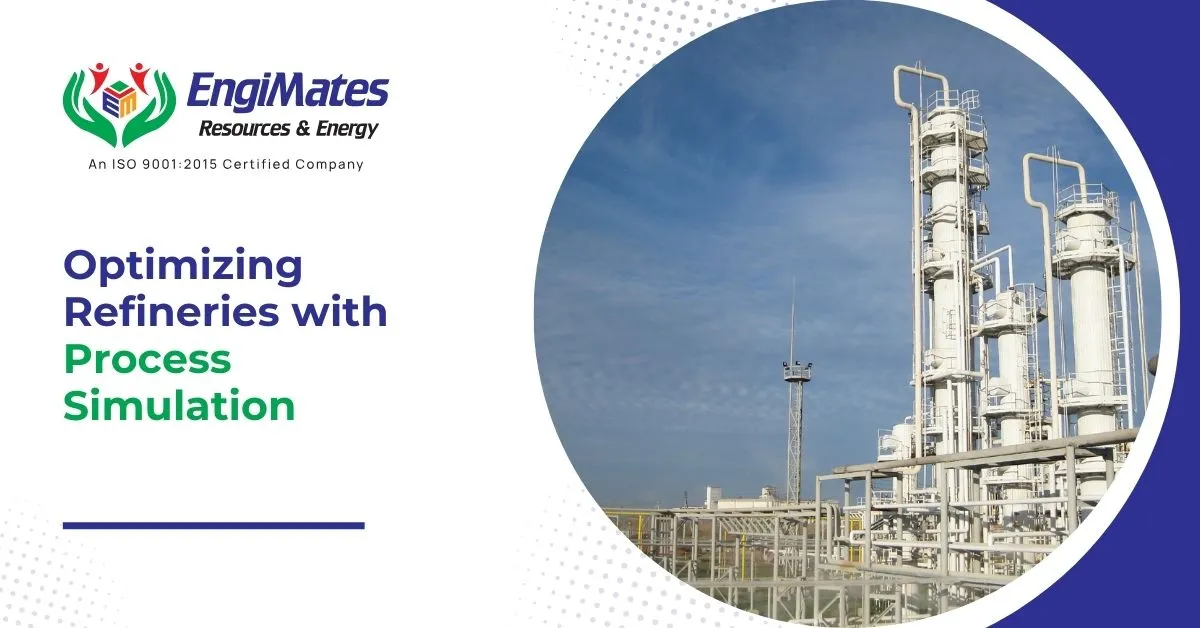Energy consumption is one of the largest operating costs in oil and gas refineries. Rising…

Water is an essential resource in oil and gas refining, supporting processes such as crude oil treatment, cooling operations, and steam production. Due to the complexity of refining processes, untreated water can cause scaling, corrosion, fouling, and operational inefficiencies. Implementing advanced water treatment technologies ensures plant reliability, compliance with environmental regulations, and long-term asset protection.
Table of Contents
Importance of Water Treatment in Oil Plants
In oil refineries, water is used for:
- Process heating and steam generation
- Cooling and heat exchange
- Cleaning and desalting crude oil
Without proper treatment, water impurities such as dissolved salts, suspended solids, and hydrocarbons can damage process equipment, increase maintenance costs, and reduce plant efficiency.
Common Water Treatment Technologies in Oil & Gas Refineries
Filtration and Sedimentation Systems
Used to remove suspended solids before water enters critical systems, reducing wear on pumps and pipelines.
Desalination Units
Removes salts and minerals from seawater or brackish water, often using reverse osmosis or multi-stage flash distillation.
Demineralization and Softening
Ion exchange or membrane technologies are used to remove hardness-causing calcium and magnesium ions, preventing scaling in boilers.
Oil-Water Separation
API separators, hydrocyclones, and dissolved air flotation systems help separate hydrocarbons from wastewater before discharge or reuse.
Biological Treatment Systems
Activated sludge and biofilm reactors treat wastewater biologically to meet environmental discharge standards.
Reverse Osmosis (RO) Systems
Removes dissolved salts and contaminants for high-purity water applications in refining processes.
Want reliable water treatment solutions for your oil & gas operations? Partner with EngiMates for efficient, compliant, and sustainable systems.
Chemical Treatment
Use of corrosion inhibitors, anti-scalants, and pH control chemicals to protect assets.
Role of Engineering Consultancies like EngiMates
EngiMates provides water treatment solutions designed to meet the unique requirements of projects in the oil and gas sector.
- Process Simulation & Modeling to optimize water usage and treatment efficiency
- Relief and Flare System Assessment to ensure compliance during water disposal and emergency operations
- Asset Management Services to extend equipment life through corrosion prevention
- Dynamic Simulations for process optimization
- Technical Safety Services to ensure treated water systems meet safety regulations
Benefits of Advanced Water Treatment in Refineries
- Protects boilers, heat exchangers, and pipelines from corrosion and scaling
- Ensures environmental compliance for wastewater discharge
- Improves plant reliability and reduces unplanned shutdowns
- Enhances operational efficiency and reduces OPEX
Frequently Asked Questions
Why is water treatment important in oil and gas refining?
Water treatment ensures the removal of impurities, protects equipment from corrosion, improves process efficiency, and meets environmental compliance standards.
What water treatment technologies are used in oil plants?
Common technologies include reverse osmosis, filtration, demineralization, desalination, chemical treatment, and biological treatment systems.
How does water quality impact refining operations?
Poor water quality can cause scaling, fouling, and corrosion in boilers, cooling towers, and process equipment, leading to costly downtime.
Can EngiMates handle turnkey water treatment projects for oil refineries?
Yes, EngiMates delivers end-to-end engineering solutions, including design, installation, commissioning, and optimization of water treatment systems.
Does water treatment in oil plants require environmental compliance?
Yes, wastewater treatment and discharge must comply with local and international environmental regulations to prevent pollution.
Conclusion
Water treatment in oil plants is more than just a compliance measure—it’s a strategic investment in reliability, safety, and performance. By integrating modern treatment systems with process optimization and asset management, oil refineries can ensure uninterrupted operations and sustainable growth.




